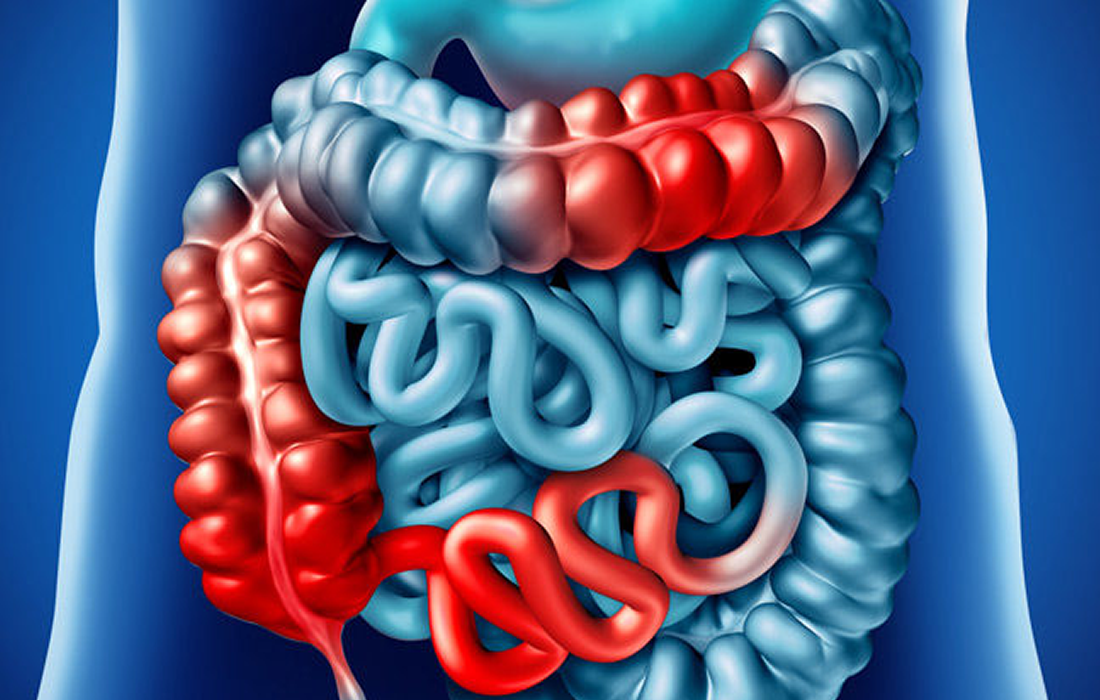Stem Cell Therapy for Specific Conditions
Stem cell therapy for Cronh’s disease
Crohn’s disease (CD) is a type of inflammatory bowel disease (IBD). It causes inflammation of the digestive tract, which can lead to abdominal pain, severe diarrhea, fatigue, weight loss and malnutrition.
Inflammation caused by Crohn’s disease can involve different areas of the digestive tract in different people. This inflammation often spreads into the deeper layers of the bowel. It is an immune system-mediated, chronic systemic condition characterized by gastrointestinal inflammation and dysregulation of the mucosal-associated immune system.
The annual incidence of CD ranges from 5 to 20 per 100,000 person-years, and it affects more than 1 million people in the USA. The pathogenesis is complex, featuring disturbance of the innate immune system and reduced gastrointestinal barrier protection. Infections and environmental factors may trigger or exacerbate the disease.
Current therapies include the use of corticosteroids, immunomodulatory agents such as azathioprine, and biological therapies, including anti-TNF-α antibodies are used to suppress the intestinal inflammation. Approximately 25% of CD patients are refractory to such medications and respond to surgery only. It is thus critical to enhance CD remission and reduce recurrence.
New therapies, such as the use of Mesenchymal stem cells (MSCs) and hematopoietic stem cells (HSCs) have been shown to counter other autoimmune diseases like rheumatoid arthritis, autoimmune hepatitis and systemic sclerosis. MSCs exhibit low immunogenicity and immunomodulation. Some experiments have shown that local MSCs injection improved CD-related perianal fistulas. HSCs transplantation restored immune tolerance and relieved CD and SCs have been found to inhibit intestinal inflammation, promote long-term intestinal mucosal healing, and significantly improve patient quality of life, making them a good alternative for CD treatment.
Different studies in animal models have proven that stem cell therapy is not only useful for refractory luminal CD, but also shows good effect on the complications of CD. Stem cells can reduce intestinal inflammation, enhance (endoscopically evaluated) mucosal healing, and improve the quality of life in CD patients. Researchers of a meta-analysis published in the journal Stem Cell Research and Therapy suggest that Stem cell transplantation should be recommended in clinical practice. They found different studies that showed that Mesenchymal stem cells derived from umbilical cord (UC-MSCs) were associated with lower risks of infection and less side effects. Also, UC-MSCs have the benefit of being obtained easily and less invasively, with a donor that is young, has a good cell status and the cells have low immunogenicity.
As we can see, stem cell therapy could be a good therapeutic option for patients with CD, a condition for which current treatments only address the symptoms and controlling the inflammation with drugs that can have multiple adverse effects. Clinical studies in humans need to be done in order to evaluate the safety, efficacy of the treatment and to standardize the best quantity of cells and the optimal route of administration.
Source:
Wang , R., Yao , Q., Chen , W. et al. Stem cell therapy for Crohn’s disease: systematic review and meta-analysis of preclinical and clinical studies. Stem Cell Res Ther 12, 463 (2021). https://doi.org/10.1186/s13287-021-02533-0
Source link: https://www.mayoclinic.org/diseases-conditions/crohns-disease/symptoms-causes/syc-20353304

